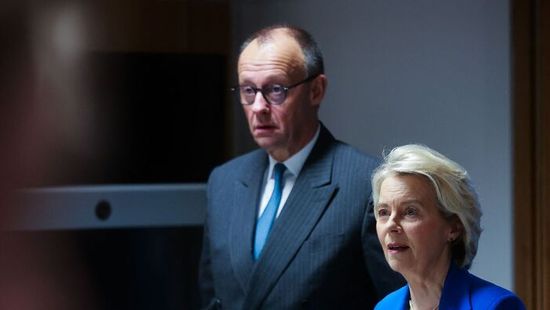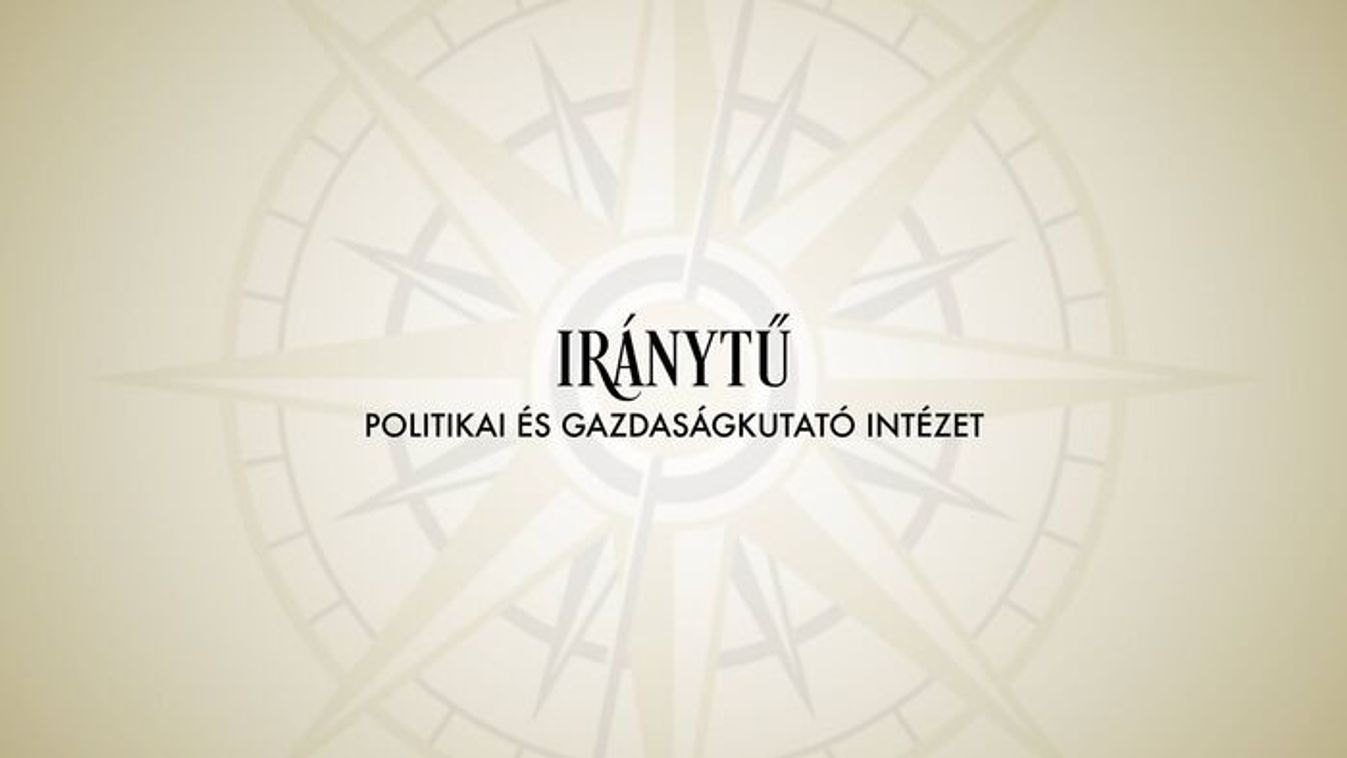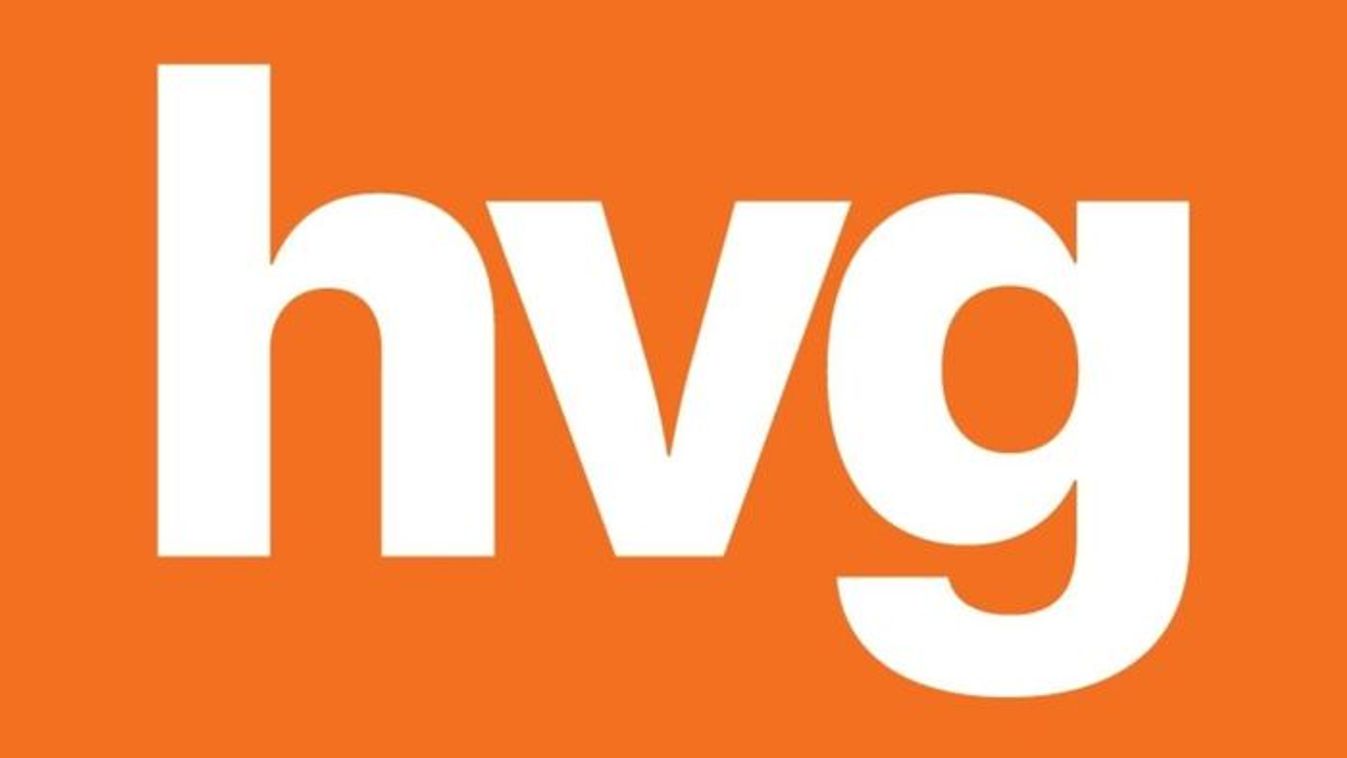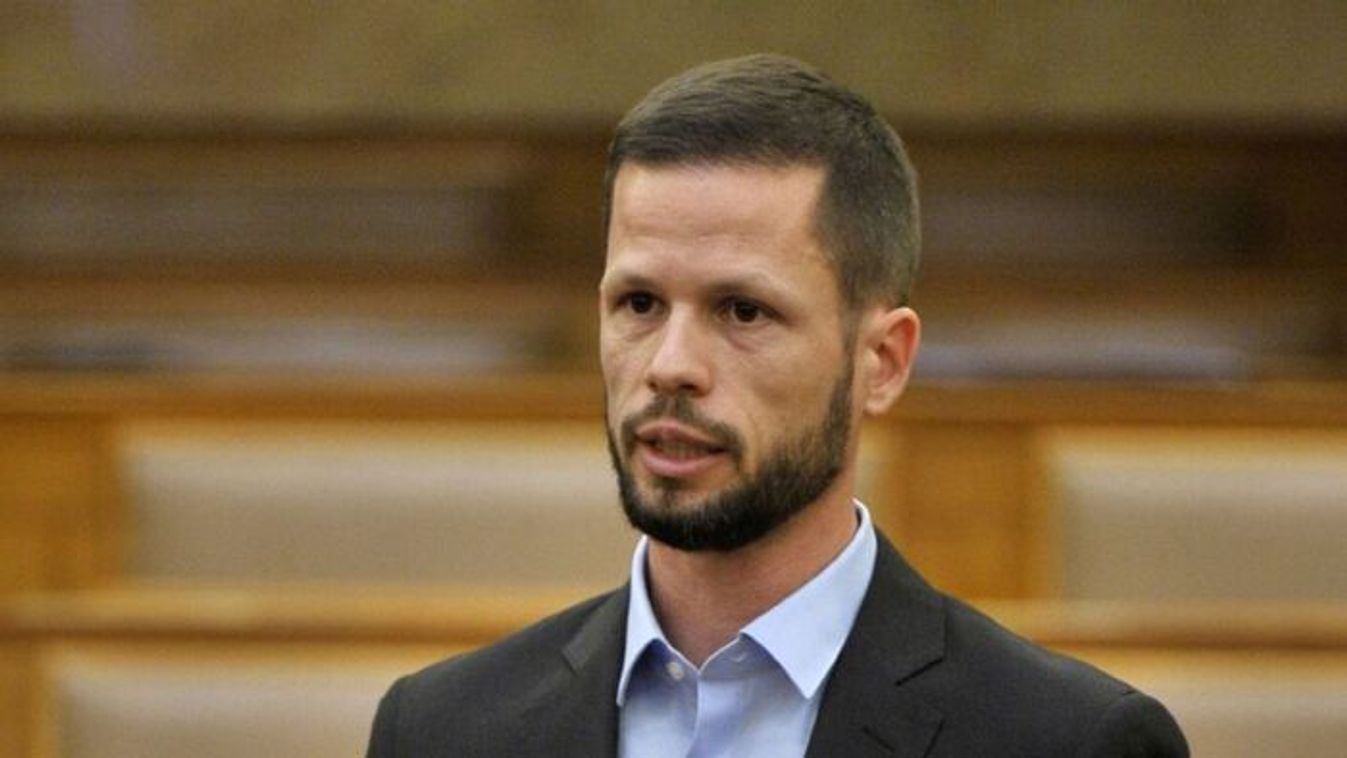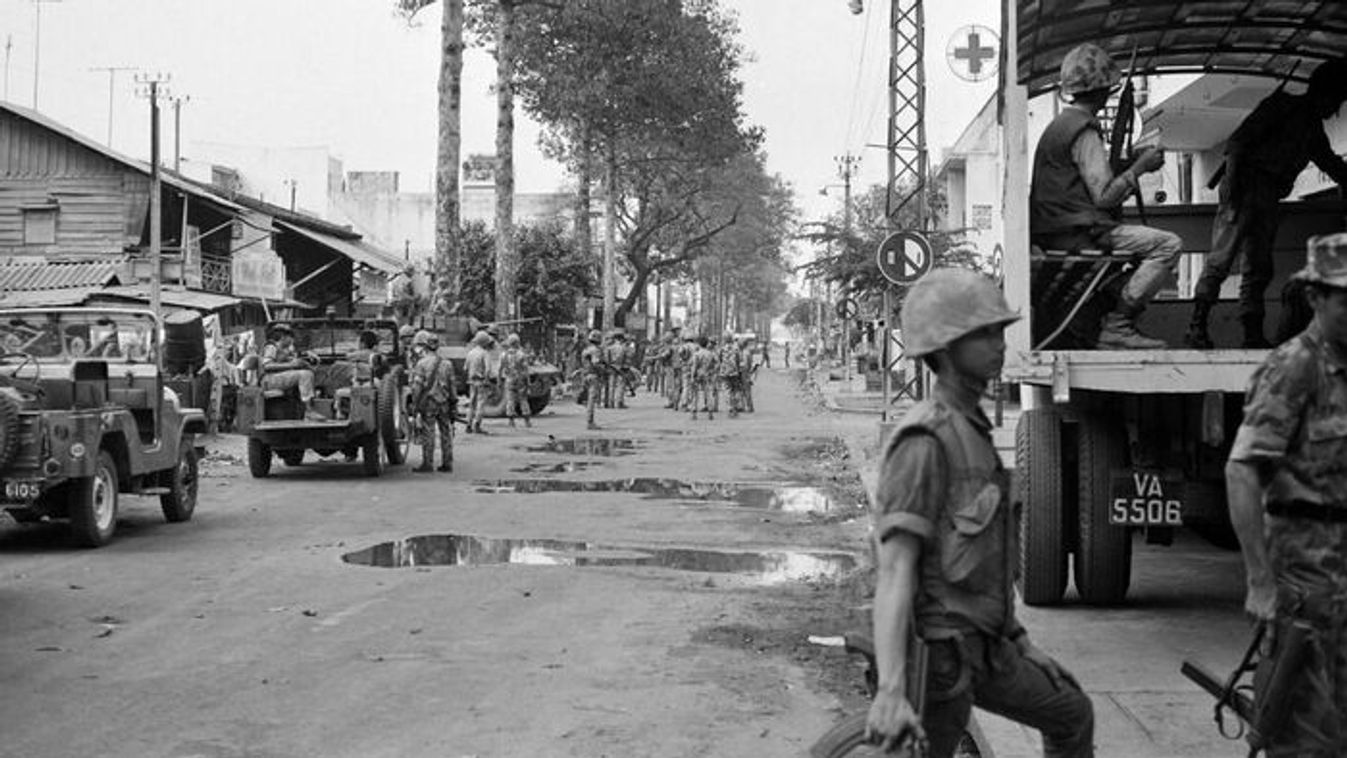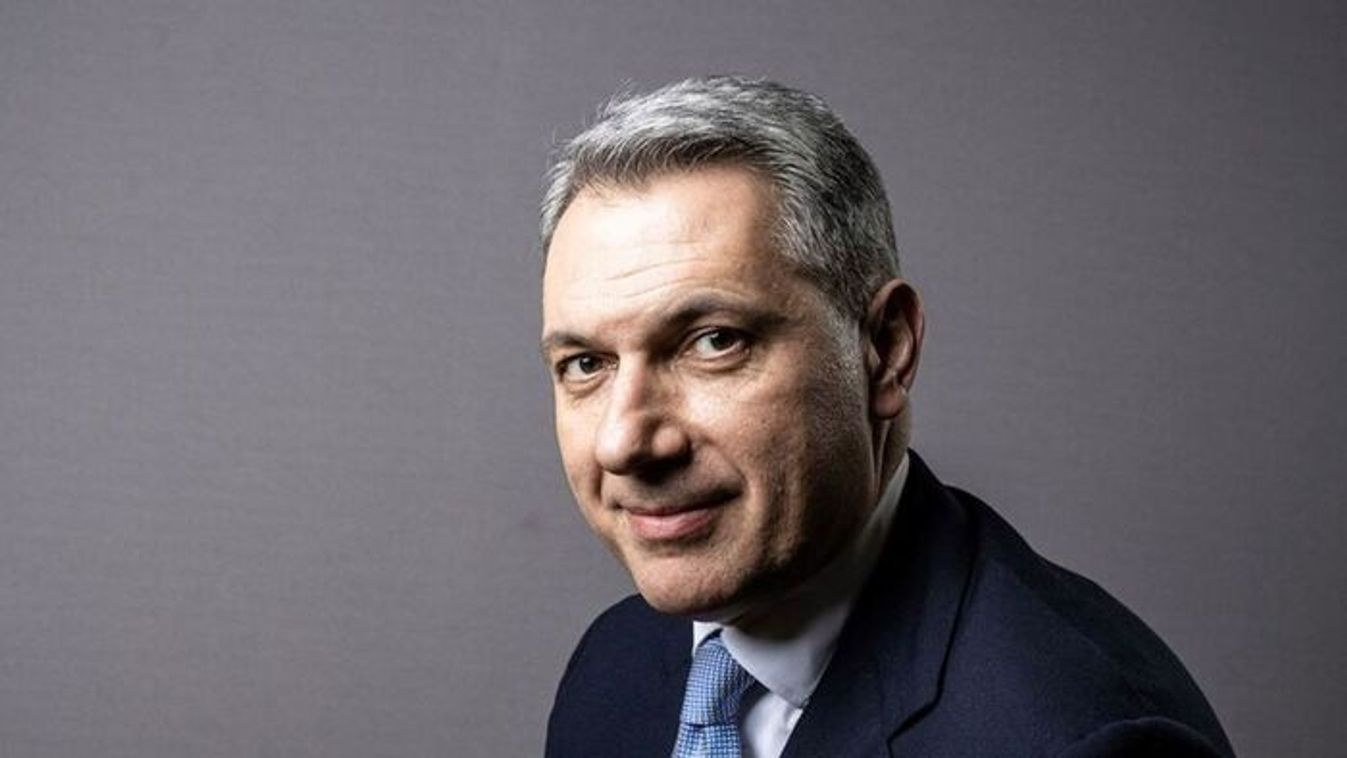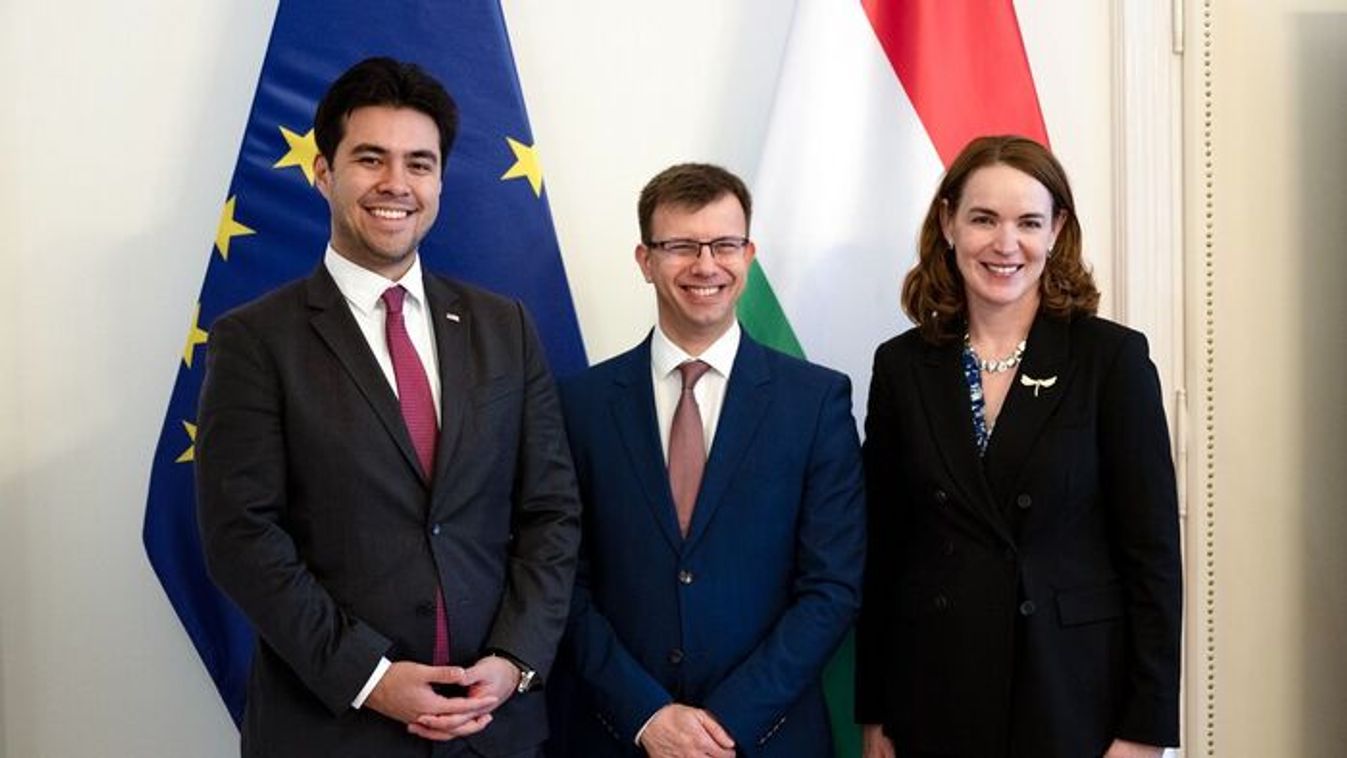„The world, we are told, is in the midst of a revolution. The new tools of social media have reinvented social activism. With Facebook and Twitter and the like, the traditional relationship between political authority and popular will has been upended, making it easier for the powerless to collaborate, coördinate, and give voice to their concerns. When ten thousand protesters took to the streets in Moldova in the spring of 2009 to protest against their country’s Communist government, the action was dubbed the Twitter Revolution, because of the means by which the demonstrators had been brought together. A few months after that, when student protests rocked Tehran, the State Department took the unusual step of asking Twitter to suspend scheduled maintenance of its Web site, because the Administration didn’t want such a critical organizing tool out of service at the height of the demonstrations. “Without Twitter the people of Iran would not have felt empowered and confident to stand up for freedom and democracy,” Mark Pfeifle, a former national-security adviser, later wrote, calling for Twitter to be nominated for the Nobel Peace Prize. Where activists were once defined by their causes, they are now defined by their tools. Facebook warriors go online to push for change. “You are the best hope for us all,” James K. Glassman, a former senior State Department official, told a crowd of cyber activists at a recent conference sponsored by Facebook, A. T. & T., Howcast, MTV, and Google. Sites like Facebook, Glassman said, “give the U.S. a significant competitive advantage over terrorists. Some time ago, I said that Al Qaeda was ‘eating our lunch on the Internet.’ That is no longer the case. Al Qaeda is stuck in Web 1.0. The Internet is now about interactivity and conversation.”
These are strong, and puzzling, claims. Why does it matter who is eating whose lunch on the Internet? Are people who log on to their Facebook page really the best hope for us all? As for Moldova’s so-called Twitter Revolution, Evgeny Morozov, a scholar at Stanford who has been the most persistent of digital evangelism’s critics, points out that Twitter had scant internal significance in Moldova, a country where very few Twitter accounts exist. Nor does it seem to have been a revolution, not least because the protests—as Anne Applebaum suggested in the Washington Post—may well have been a bit of stagecraft cooked up by the government. (In a country paranoid about Romanian revanchism, the protesters flew a Romanian flag over the Parliament building.) In the Iranian case, meanwhile, the people tweeting about the demonstrations were almost all in the West.”
